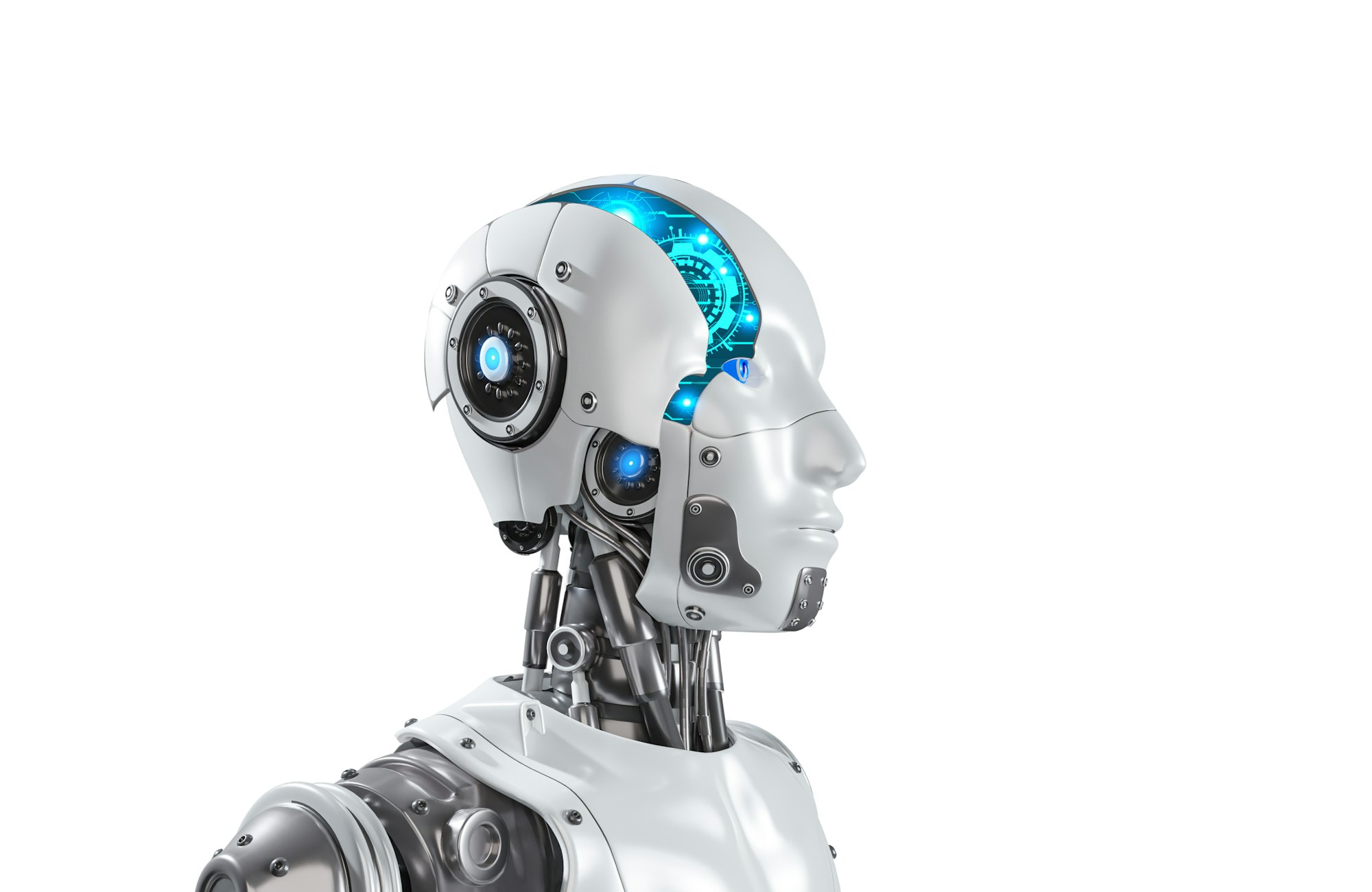Meet Blackwell: Nvidia’s Latest Brainchild
Nvidia, a big name in the tech world, recently made waves with its announcement of the “Blackwell” series AI chips. Picture this: a new type of chip that makes computers smarter and more efficient, named after a super smart mathematician. The star of the show, the Blackwell B200 chip, is a game changer. It’s designed to train huge AI models (like the ones behind your favorite chatbots) using fewer chips and less power.

The GB200 Superchip: Efficiency Like Never Before
At the heart of the Blackwell series is the GB200 “superchip.” Imagine taking two powerful chips, sticking them with Nvidia’s brainy CPU on a single board, and boom—you’ve got a machine that’s 30 times faster than before. This setup not only saves a ton of energy but also makes data fly through the system at breakneck speeds, perfect for AI stuff.
Nvidia’s Vision: Bigger and Better AI Systems
The Big Boys: NVL72 and DGX Superpod
Nvidia’s not just about one-off chips; it’s building whole systems that are mind-blowingly powerful. Take the NVL72 server rack and the DGX Superpod, for instance. These are Nvidia’s beasts for the heaviest AI lifting, designed to handle anything thrown at them. They’re all about giving developers the muscle they need to build the future of AI.
Enter Project GR00T: Robots That Learn Like Us
Robots Getting a Human Touch
With Project GR00T, Nvidia is stepping into the sci-fi world of humanoid robots. The goal? To make robots that can understand and interact with the world in ways that are eerily human. By marrying the Jetson Thor chip with these robots, Nvidia is dreaming up a future where robots can do complex tasks just by hearing our voice.
Nvidia’s Quantum Leap: Simulating the Future
Quantum Computing Without the Quantum… For Now
Quantum computing is still pretty much in the lab, but Nvidia’s not waiting around. It’s offering a cloud service that mimics quantum computing, allowing researchers to dive into this futuristic tech without the need for actual quantum computers. It’s like Nvidia’s building a bridge to a future where quantum and AI might merge.
So, Nvidia’s making big moves with its Blackwell chips, the GB200 superchip, and beyond, aiming to revolutionize AI, robots, and even quantum computing.

Frequently Asked Questions (FAQs) about Nvidia’s Latest Innovations
1. What is the Blackwell series by Nvidia?
The Blackwell series refers to Nvidia’s latest line of AI chips, with the B200 chip leading the charge. These chips are designed to train large AI models more efficiently, requiring fewer chips and consuming less power than previous generations.
2. How does the GB200 superchip improve efficiency?
The GB200 superchip combines two B200 chips and Nvidia’s Grace CPU on a single board, delivering a 30-fold increase in performance. This setup drastically reduces energy consumption while speeding up data processing, making it ideal for AI applications.
3. What are the NVL72 and DGX Superpod, and why are they important?
The NVL72 and DGX Superpod are Nvidia’s advanced AI systems, offering unprecedented computing power and scalability. These systems are designed to handle the most demanding AI tasks, showcasing Nvidia’s commitment to pushing the boundaries of AI infrastructure.
4. Can you explain Project GR00T and its significance?
Project GR00T is Nvidia’s initiative in advanced humanoid robotics, aiming to create robots with human-like understanding and capabilities. By integrating these robots with the Jetson Thor chip, Nvidia hopes to enable autonomous machines that can perform complex tasks through simple voice commands, marking a significant leap in robotics.
5. What is Nvidia’s approach to quantum computing?
While quantum computing is still emerging, Nvidia has entered the scene by offering a cloud service that simulates a quantum environment. This service allows researchers to explore quantum computing concepts without the need for actual quantum hardware, positioning Nvidia at the forefront of future quantum-AI integration.
Sources The Guardian


